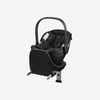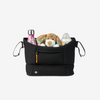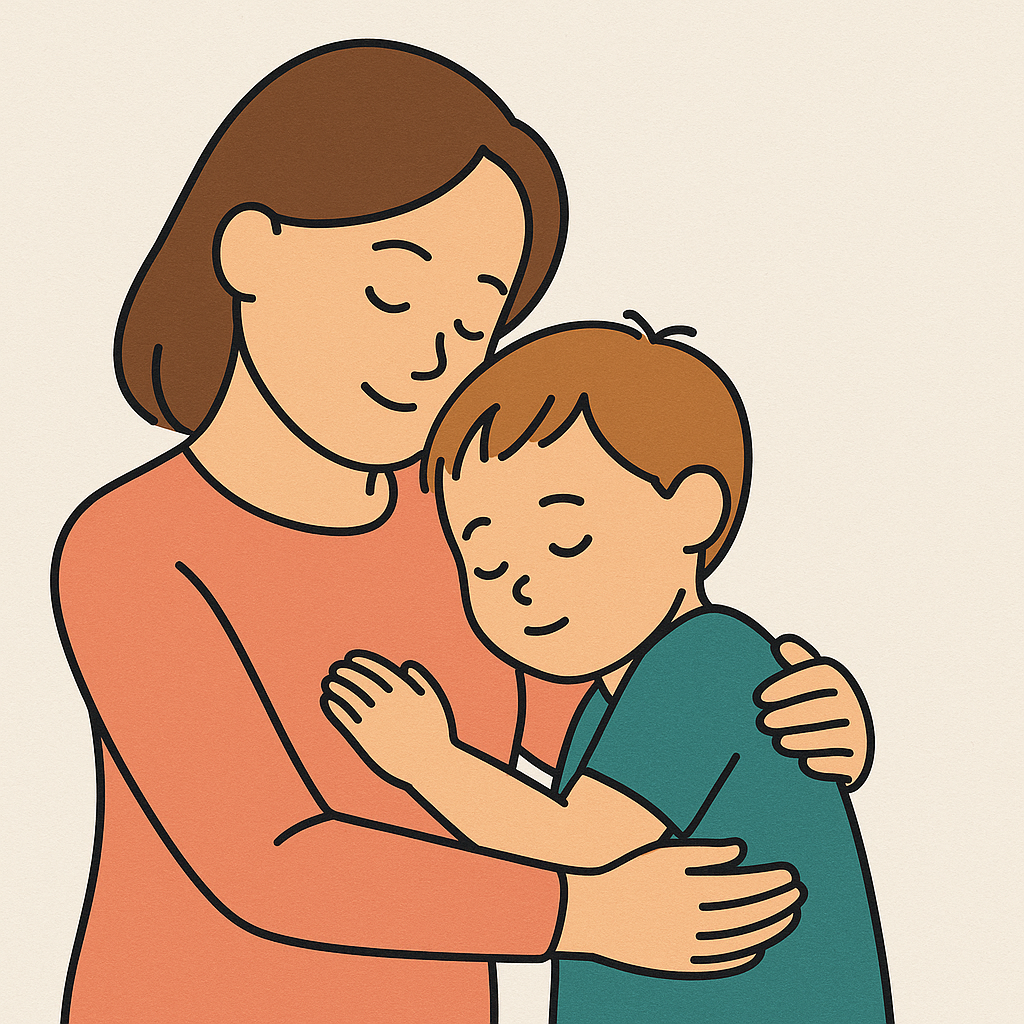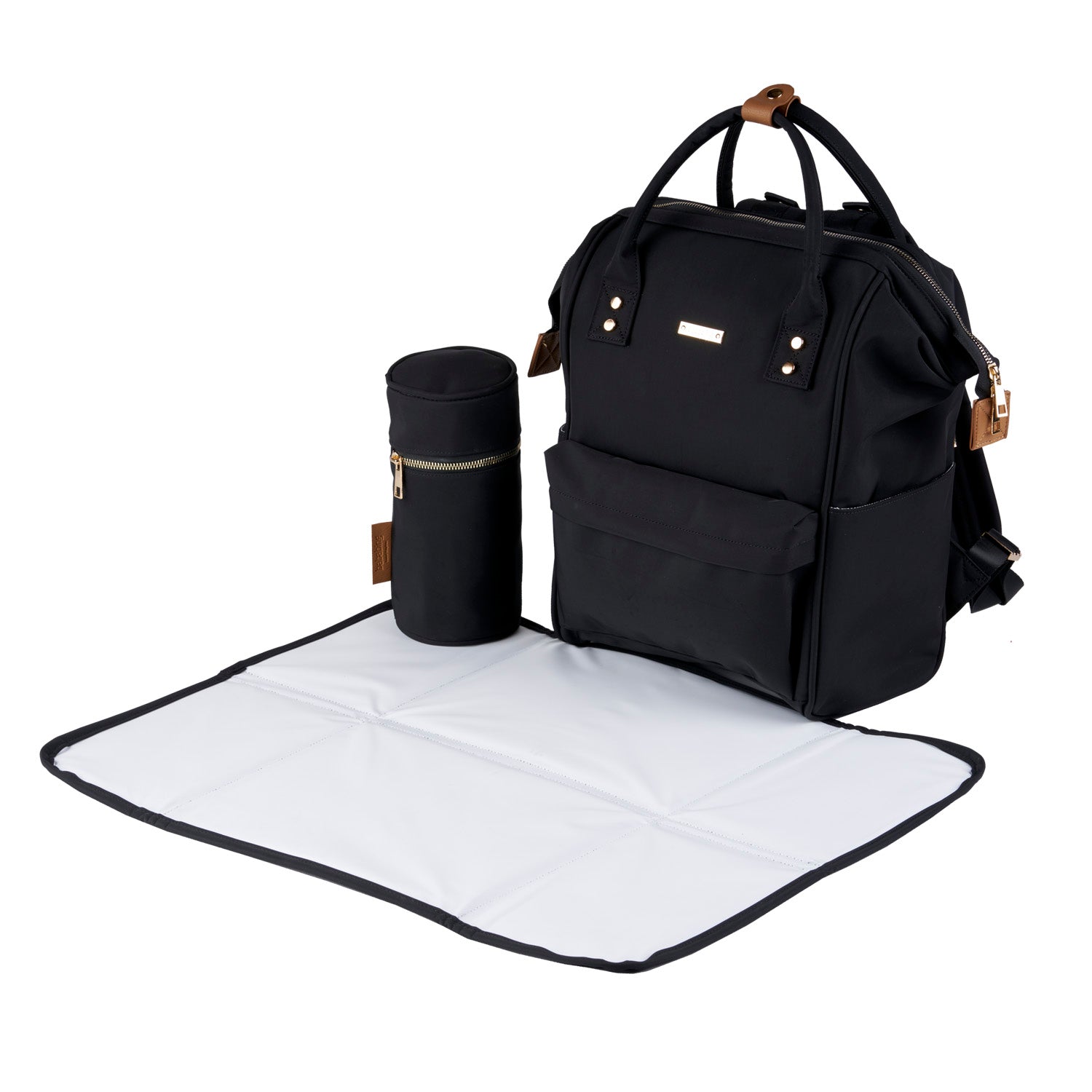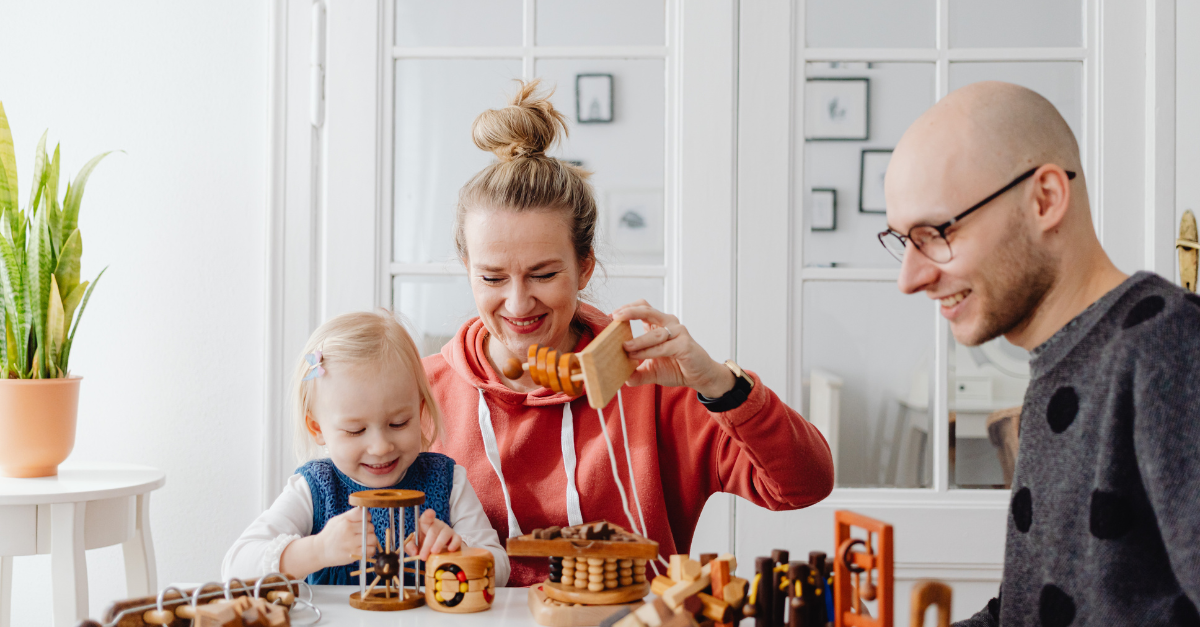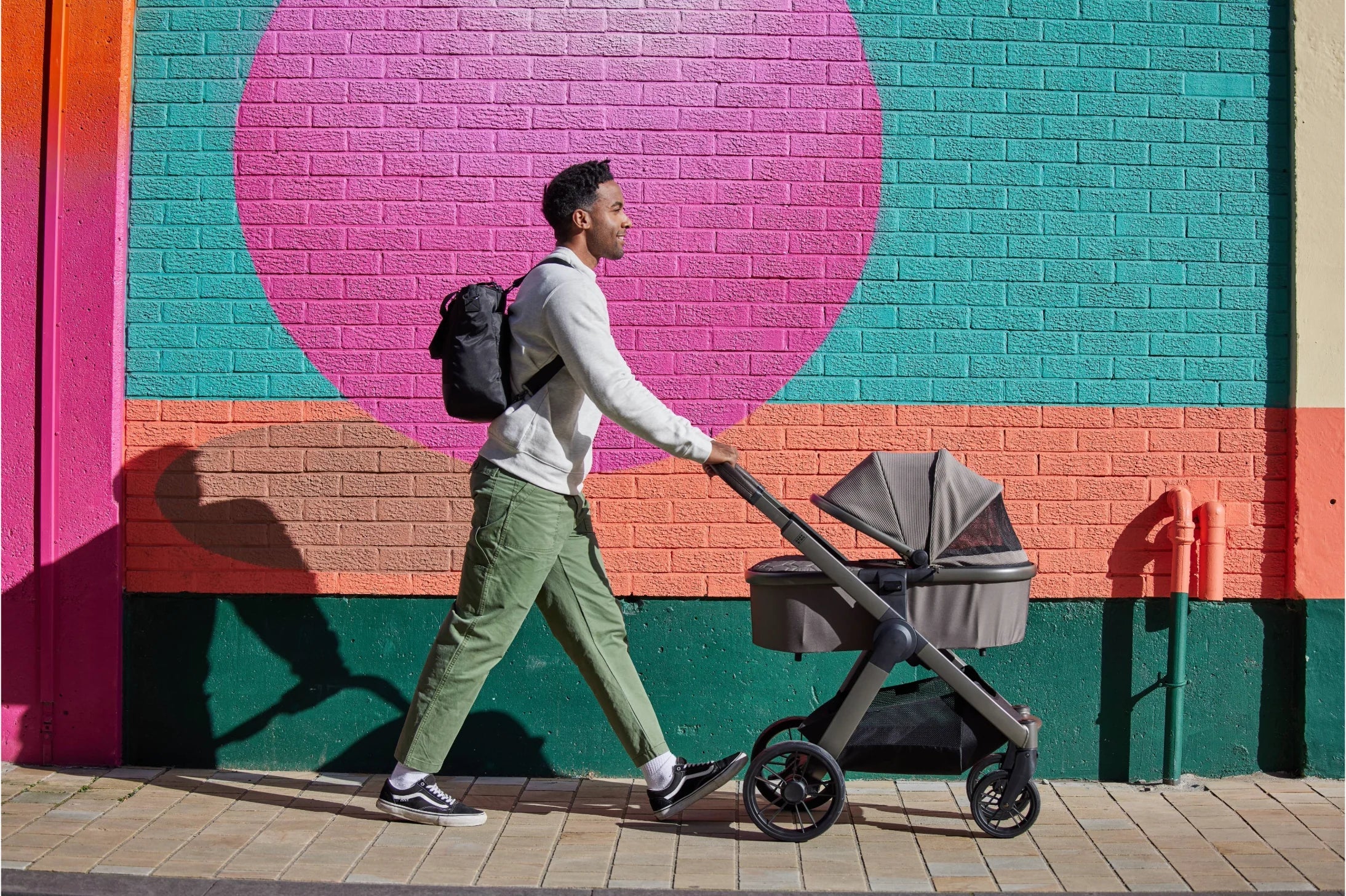Table of contents
Parenting can sometimes feel like an endless to-do list. School runs, packed lunches, work emails, and the hum of daily life often leave us pulled in a dozen directions at once. In the rush, the very moments that matter most — connecting with our children — can slip past unnoticed.
Mindful parenting offers a different way forward. It’s not about being a perfect parent with endless patience. It’s about learning to pause, breathe, and meet our children with presence, even when life feels chaotic. Over time, these small shifts can transform the atmosphere at home, reduce stress, and build a deeper bond with our children.
What Is Mindful Parenting?

Mindful parenting is the practice of bringing our full awareness into our relationship with our children. Instead of reacting on autopilot, we respond with intention. Instead of juggling five things at once, we allow ourselves to be here, with them.
This doesn’t mean sitting cross-legged with our children in silence. More often, it’s about the ordinary: listening patiently to a child describe their day, or taking a deep breath before answering when they’ve pushed your last button. It’s about noticing our own emotions and modelling calmness, compassion, and honesty.
Mindful parenting recognises that parenting is as much about our growth as adults as it is about guiding our children. When we pay attention to our triggers, our stress levels, and our patterns, we create the space to choose how we respond — and that choice is powerful.
Why It Matters in the UK Today
The pressures on families in Britain today are very real. Many parents face long commutes or irregular working hours. Children are growing up in a digital world that often overwhelms them with choices, comparisons, and constant stimulation. Add in rising academic pressures and the cost-of-living squeeze, and family life can feel more strained than ever.
Mindful parenting doesn’t make these challenges disappear. But it does help us meet them with steadiness. A parent who can pause and centre themselves before reacting creates a ripple effect: children feel safer, homes feel calmer, and the daily stress softens just a little. Over time, these mindful moments add up to resilience, trust, and connection.
Do I need to meditate every day to be a mindful parent?
Not at all. While meditation can support mindfulness, mindful parenting is about how you show up in daily life. It’s about listening fully, pausing before reacting, and being present in ordinary moments. Even small shifts, like taking a breath before responding, count as mindful parenting.
How can I practise mindful parenting if I’m always busy?
Start small. You don’t need an hour of free time to be present. Try turning off your phone for ten minutes at dinner, or taking a mindful walk with your child on the way to school. Presence is built through small, repeatable acts of attention, not big blocks of time.
What if I lose my temper and “fail” at mindful parenting?
Mindful parenting isn’t about perfection. Losing your temper is part of being human. The mindful step is to notice it, acknowledge it, and repair the moment with your child. Saying, “I was upset, I’m sorry, let’s try again,” is itself a powerful mindful practice — and teaches your child that making mistakes and repairing them is part of healthy relationships.
How to Bring Mindfulness Into Everyday Parenting
Pause Before You React
Create Small Rituals of Connection
Practise Listening With Your Whole Self
Model Self-Compassion
Challenges Parents Often Face
One of the biggest barriers parents mention is time. Between work, home, and life admin, it feels impossible to carve out an extra hour for mindfulness practice. But mindful parenting doesn’t require huge blocks of time — it’s about quality, not quantity.
Another challenge is the belief that children themselves won’t “do” mindfulness. But mindful parenting is less about training children to sit still, and more about showing up differently ourselves. Children are remarkably attuned to the moods and states of their parents. When they see us pausing, breathing, and treating ourselves with kindness, they absorb those lessons too.
And then there’s the guilt. Parents often feel they should be calmer, more patient, more engaged — and that guilt becomes another burden. Mindful parenting helps us soften those harsh expectations. By practising self-kindness, we not only care for ourselves but create a healthier, gentler family atmosphere.

Resources for UK Families 📚
If you’d like to explore mindful parenting more deeply, there are wonderful resources available close to home:
Community courses in cities across the UK.
Online programmes such as mindful-parenting.co.uk.
Apps like Headspace and Calm, both of which include family-friendly sessions.
Books such as The Conscious Parent by Dr. Shefali Tsabary or Mindful Parenting by Susan Bögels.
Many parents also find value in joining local mindfulness groups, where the support of a community makes the practice easier to maintain.
Conclusion: The Power of Presence
Parenting is never about perfection. It’s about showing up, again and again, with love, patience, and presence. Mindful parenting gives us the tools to notice, pause, and connect — even when life feels messy.
For UK families navigating the unique challenges of our times, these practices can be life-changing. They don’t require expensive equipment or hours of free time, only a willingness to slow down and meet our children in the moment.
And in those moments — listening fully, breathing deeply, responding with care — we discover that mindful parenting isn’t just about raising calmer, more resilient children. It’s also about becoming calmer, more resilient parents ourselves.
















